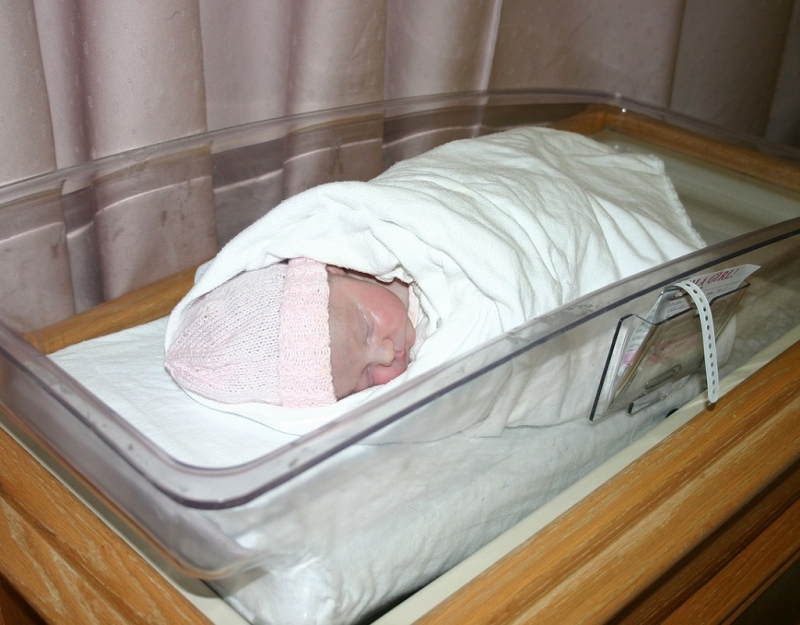According to The Neonatal Trust, approximately 10% of babies in New Zealand are born premature, ie, born before 37 weeks gestation.
To give premature (or preterm) babies the best start in life, breast milk is encouraged as the first choice of nutrition. Breast milk has been shown to reduce the risk of common issues in neonates, such as necrotising enterocolitis. What’s more, the benefits that breast milk provides for all infants appear to be even more pronounced in preterm babies.
If a premature infant has a birth weight below 2500gm, they may have even more increased nutritional demands. Those born at less than 32 weeks gestation or weighing less than 1800g usually require fortification of breast milk. They may need additional protein and calories in the preterm period, to promote adequate growth.
The sodium and protein in breast milk declines throughout lactation. Calcium and phosphorous content may also be insufficient for growing preterm infants, so increased protein, energy and minerals may be needed. You can get these by combining breast milk with a commercially prepared fortifier. Preterm breastfed infants may also require iron supplements from two weeks of age.
When there is insufficient breast milk available, infant formula may be required, or the mother may choose to use donated breast milk.
In a nutshell:
- Breastfeeding reduces the risk or severity of a number of conditions in infancy and later life, including necrotising enterocolitis in preterm infants.
- Breastfeeding also has significant cognitive benefits, which appear to be more pronounced in preterm infants.
- In addition to breastfeeding for as long as possible, preterm breastfed infants require iron supplements from two weeks of age.
- Those born at less than 32 weeks’ gestation or weighing less than 1800g usually require fortification of breast milk with protein and calories in the preterm period, in order to promote adequate growth.







Leave A Comment
You must be logged in to post a comment.